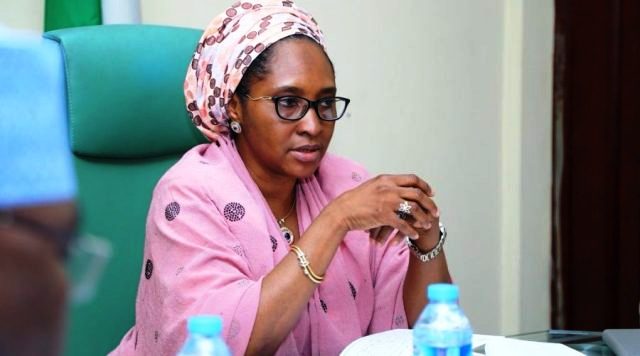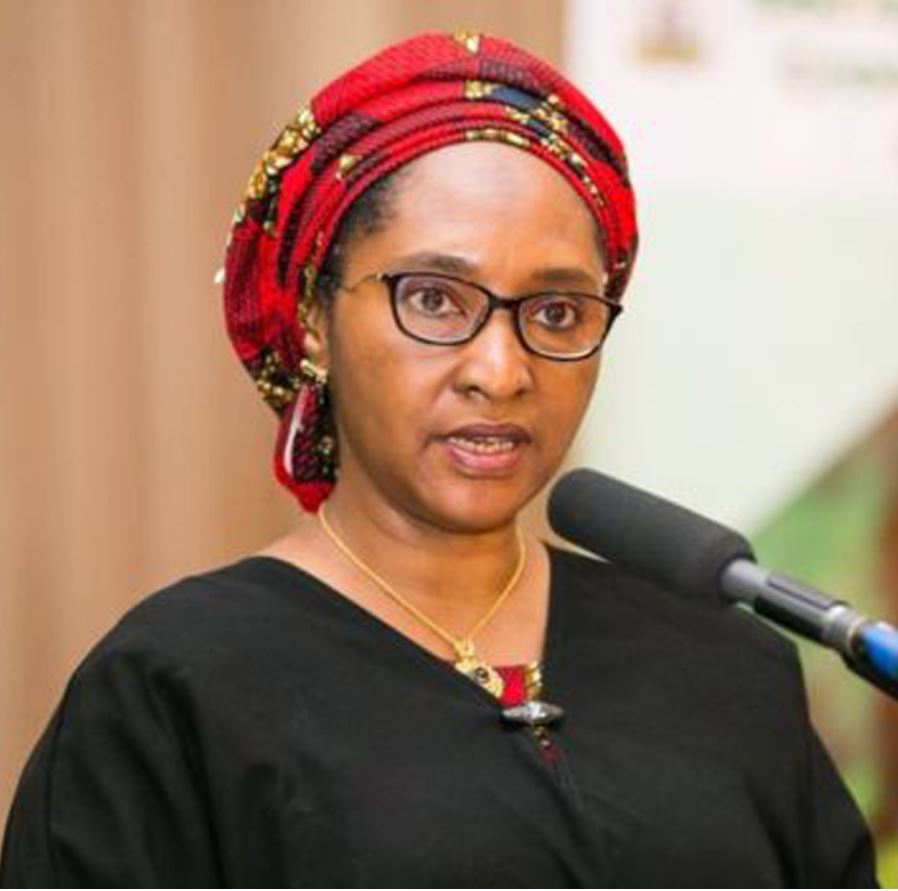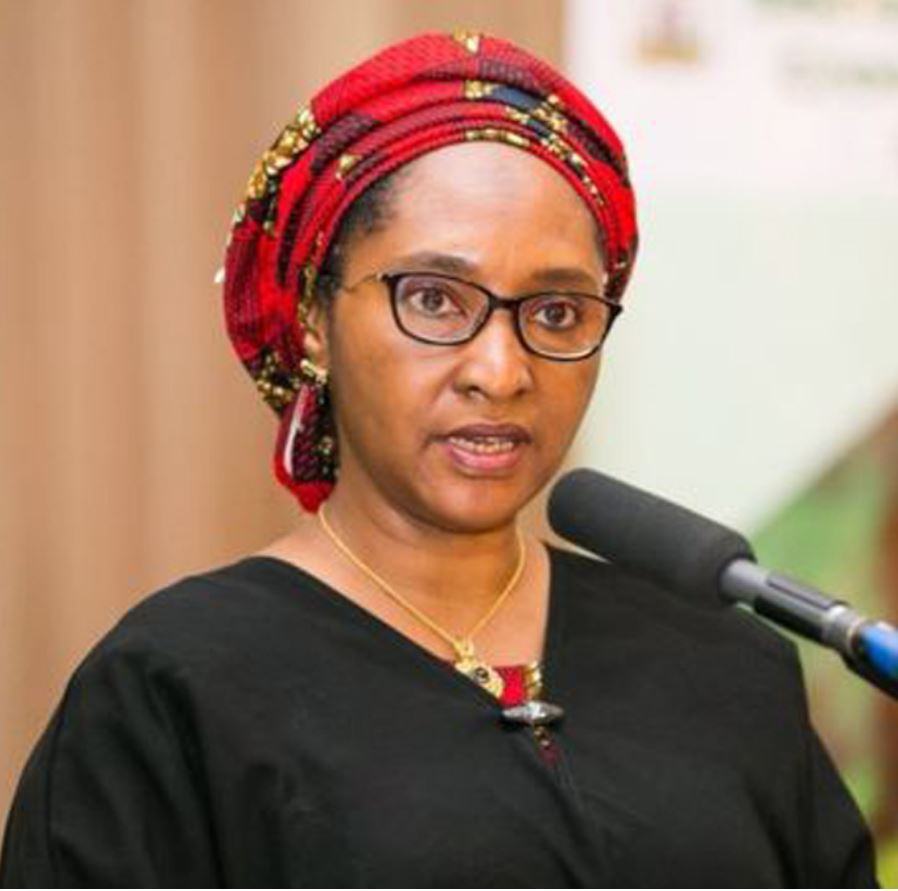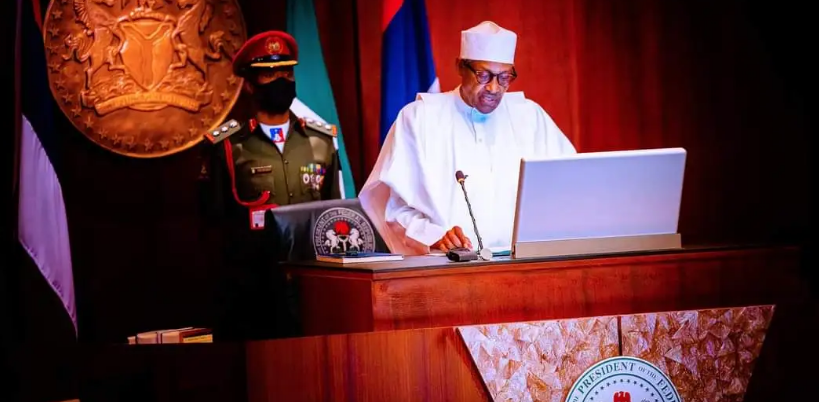The Federal Government is proposing to spend N19.76 trillion in 2023.
Minister of Finance, Budget and National Planning, Dr Zainab Ahmed, made the declaration in Abuja on Monday when she said the 2023 budget had a proposed deficit of N11.3 trillion.
She was addressing a sitting of the House of Representatives Committee on Finance on the 2023-2025 Medium Term Expenditure Framework.
Ahmed said government was projecting revenue of N8.46 trillion for 2023; N1.9 trillion of which would come from oil-related sources while the balance would come from non-oil sources.
She said the budget would be premised on 70 dollars per barrel of crude oil and an exchange rate of N435.57 to the dollar.
The minister said oil production for 2023 was pegged at 1.69 million barrel per day; a real GDP growth rate of 3.7 per cent and inflation rate of 17.16 per cent for the year.
She hinted that petrol subsidy would remain up to mid-2023 sequel to the 18-month extension announced early in 2021.
Ahmed added that N3.36 trillion would be provided to pay the subsidy in 2023.
The minister also told the session that there would be tighter enforcement of performance management framework for Government-owned Enterprises that would significantly increase operating surplus/dividend remittances in 2023.
Ahmed assured that there were no projections that Nigeria would default in her debt services in the nearest future.
She assured also that while the amount currently used in debt servicing had overshot appropriation in the 2022 budget, systems had been put in place to manage the situation.
“We planned that 60 per cent of revenue would be spent on debt servicing, but in some months, the ratio went up to 90 per cent.
“We have been able to, consistently without fail, serviced our debt and we do not have any projections even in the near future that we will fail.
“We actually follow the Medium Term Debt Management Strategy very strictly; the debts are not taken haphazardly and they are planned.
“They are appropriated and then we borrow against appropriation,’’ she stressed.
The minister acknowledged, however, that government was under pressure to manage debt servicing following the drop in revenue generation.
She called on the National Assembly and on other stakeholders to join government to increase revenue performance.
“We do have pressure in terms of the ratio because when revenue is underperforming, it means we have problems being able to service all of government’s (debts). The liquidity situation is very challenging.
“That is why what we need to do, including the parliament, is to work towards increasing revenue performance.
“Yes you have been doing that and we are beginning to see improvement, but we need to keep pushing the bar,’’ she stressed.
Earlier, Chairman of the Committee, Rep. James Faleke (APC-Lagos State) said everyone was aware of Nigeria’s situation in terms of revenue generation.
Faleke noted that Nigeria was short of revenue, and that so many things suffered when revenue was short.
The Debt Management Office had earlier stated that Nigeria’s debt profile as at December 2021 stood at N39.55 trillion.






